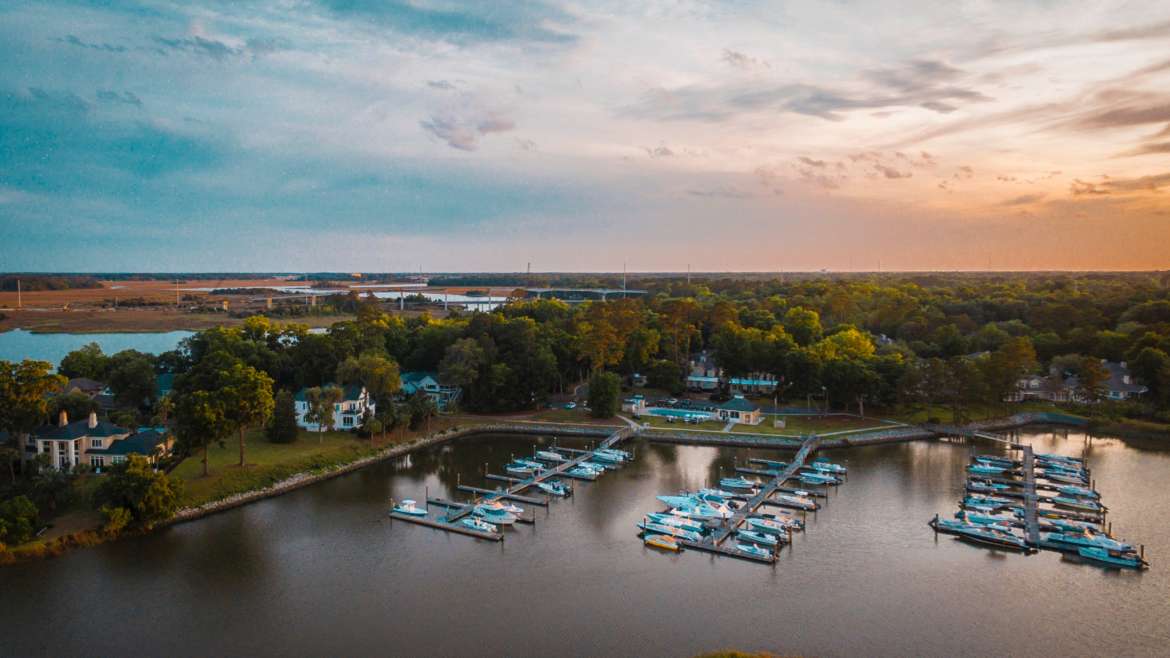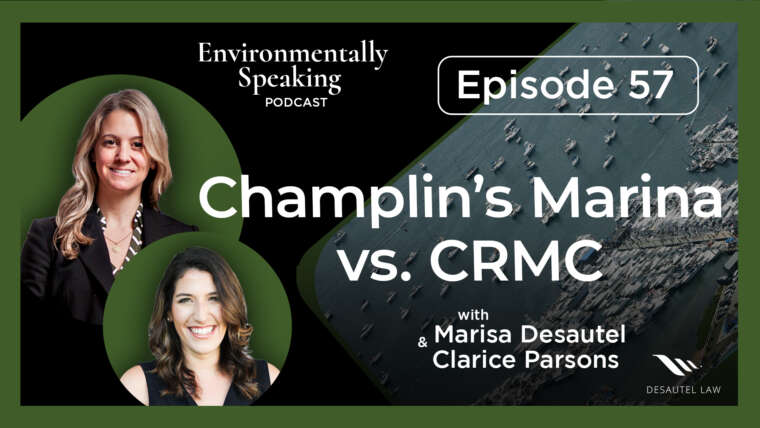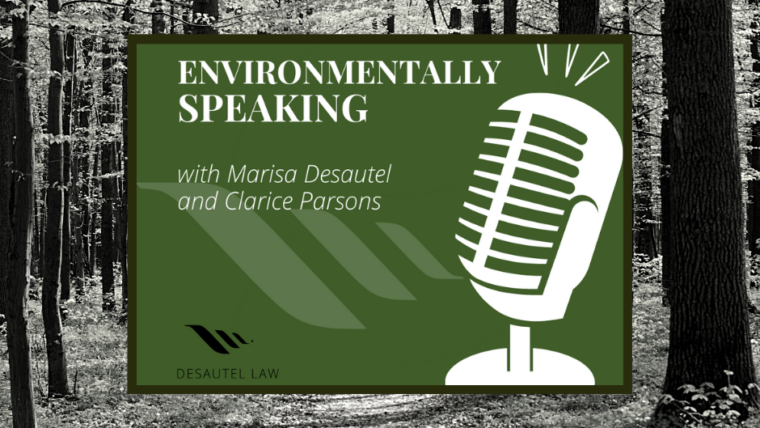Are you a marina owner/operator in Rhode Island, or would you like to be? If so, you should know about the state regulations which apply to marina regulations and permitting, what non-compliance with regulatory requirements might mean for your business, and the Coastal Resource Management Council (CRMC)’s Clean Marina Program.
The CRMC and DEM are responsible for most of the state’s marina-related regulations, including those described in part below and several additional regulatory programs:
Major CRMC Marina Regulations and Permitting
- Assent (permit) –Assents for construction or alterations of marinas (occurring within 200 feet of the mean high water mark or of a coastal feature, and/or when there is a reasonable probability of conflicting with CRMC goals, management plans, or programs). This requires adherence to all “Red Book” regulations for marinas.
- Dredging Application Approval – any dredging activities at marinas must complete the joint-CRMC and DEM application and be approved by the agencies.
Major DEM Marina Regulations and Permitting
- RIPDES Permit – A Rhode Island Pollutant Elimination Discharge System (RIPDES) Multi-Sector General Permit is required for most marinas identified by Standard Industrial Classification 4493.
- Oil Pollution Control Regulations – design, maintenance, and inspection of above ground oil storage tanks with a combined storage capacity over 500 gallons.
- Underground Storage Tank Regulations – covering operations and maintenance of records for tanks which store petroleum products and/or other hazardous materials (there are a number of exemptions, though); registration of tanks with DEM.
- Air Pollution Control Regulations –permits for construction, installation, or modification of facilities such as used oil furnaces, as well as other permits depending on the marina’s air emissions.
- Hazardous Waste Management Regulations – management/storage and proper disposal of discardable hazardous materials such as waste engine fluids, paint and paint stripper, solvents, oils, coolants, soiled shop rags/towels, and hydraulic fluids.
- Oil Spill Control Regulations – maintenance of containment booms/sweeps, oil absorbent pads, and a list of important phone numbers in case of an oil/fuel spill on site.
Non-compliance with regulatory requirements that apply to marinas may result in cease and desist orders, violation notices, and/or administrative or criminal penalties.
Clean Marina Program
The Clean Marina Program was developed by the CRMC, the R.I. Marine Trades Association, the Rhode Island DEM, and Save the Bay. The voluntary program allows marinas to become certified as a Clean Marina by adopting extra-regulatory requirements aimed at implementing best management practices for pollution prevention. Non-compliance with regulatory requirements will prevent you from seeking a Clean Marina designation.
In all, there are currently 5 Clean Marinas in the state, with one example sharing their story here. A marina operator intending to become a Clean Marina must identify and implement pollution prevention practices related to vessel maintenance, fueling, sewage handling, storm water management, and facilities management. The CRMC has a checklist and a guidebook on its website which detail all of the regulatory requirements and the additional requirements for designation.
Keep in mind that Clean Marinas go above and beyond these regulatory requirements: the designation requires recycling practices, using more environmentally friendly products, and working with the boaters in the marina to minimize pollution, among other things. Again, non-compliance with regulatory requirements bars a marina from gaining Clean Marina status.
But what does a marina gain by becoming a Clean Marina? There are several highly publicized incentives which allow the marina to distinguish itself as a top-tier “green” business (a clean marina flag and logo for the marina’s use, and a draft press release). These incentives advertise the marina’s environmentally safe business practices, potentially drawing in more business from water users in their area, who tend to be more and more environmentally conscious.
If you are dealing with issues related to non-compliance with regulatory requirements, or wish to seek a Clean Marina designation, contact one of the Desautel Law attorneys today to discuss your opportunities. We are available by email and phone at 401.477.0023.


